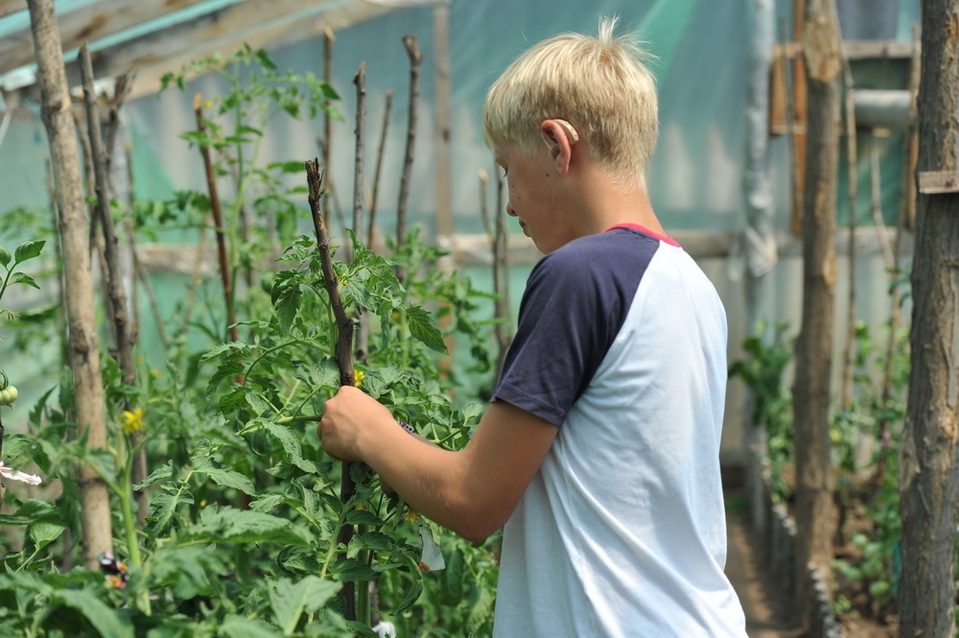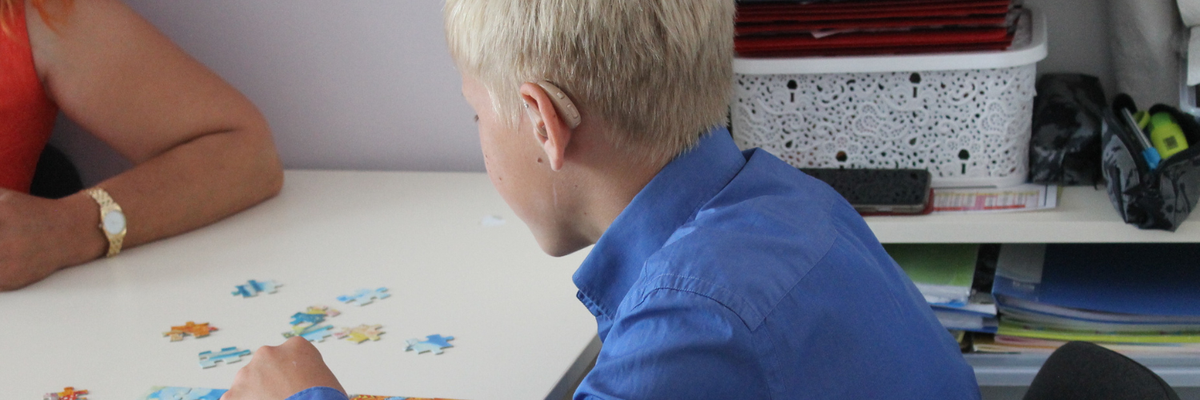International Day of Education on 24th January, is an important reminder of the right all children should have to access a good education - including those with special education needs and disabilities.
Lumos’s ‘Learning Curves: A Global Thematic Review’, highlights the fact that children with special educational needs or disabilities are still more likely to be sent to residential care and residential education services when accessible, inclusive community-based education and other services are lacking.
Fortunately, progress is being made. In Moldova, Lumos has supported the development of Inclusive Education Units that help integrate children with special education needs and disabilities into mainstream education, whilst still providing the tailored and specialist support they may need. Moldova’s progress in making education inclusive disproves the belief amongst some that the institutionalisation of children with disabilities is “necessary”. With the right support, all children can learn in mainstream educational environments.
“In our country, we used to believe that children with disabilities didn’t have the skills needed to attend mainstream schools. Now, we know that it was us who didn’t have the skills to educate them.” - Government official from a Lumos programme country, attending a Lumos intergovernmental roundtable event
Lumos is continuing its work in Moldova and other countries to support the provision of community services, with inclusive support for children. Sergiu’s story is just one example of how children can thrive, when inclusive education is available:
Sergiu’s Story
“Hello, my name is Sergiu*, and I’m in the fifth grade.” With the help of a speech therapist and his foster mother, Sergiu is now able to introduce himself.
Sergiu was one of the first students of the Inclusive Education Unit developed and supported by Lumos in Laloveni, Moldova. He had previously been at a boarding school where no one could communicate with him. When he first met his foster mother Alexandra* in hospital, he was unable to speak to her, but he touched her shoulder and brought tears to her eyes.
Sergiu is now thriving at home and making real progress at school. At the Inclusive Education Unit, Sergiu worked with specialists who guided his foster family on his behaviour, communication, and education.

“I like going to school,” Sergiu says. “I like writing and playing. I have friends – we colour together, do puzzles, learn, and watch cartoons. I enjoy mathematics and running, as well as arts and science.”
It is a huge milestone for Sergiu that he is now speaking, and his school environment has contributed enormously to his speech development. He is also developing a passion for doing puzzles and mechanics, regularly visiting his foster father’s workshop.
Alexandra and Sergiu’s headmistress are hoping he will be enrolled in a vocational school to become an auto mechanic – though the teachers will need to understand how to work with him, and Sergiu will have to learn how to live more independently.
As Sergiu’s headmistress points out, it is a story of “double success”:
“Not only is Sergiu making progress, but he also changes people’s mindsets. We now have a truly well-developed inclusive environment. Thanks to children, the attitudes of their parents, other adults – and indeed the entire community – changes.”
*Names changed
Discover more about the importance of education in our ‘Learning Curves: A Global Thematic Review’.



